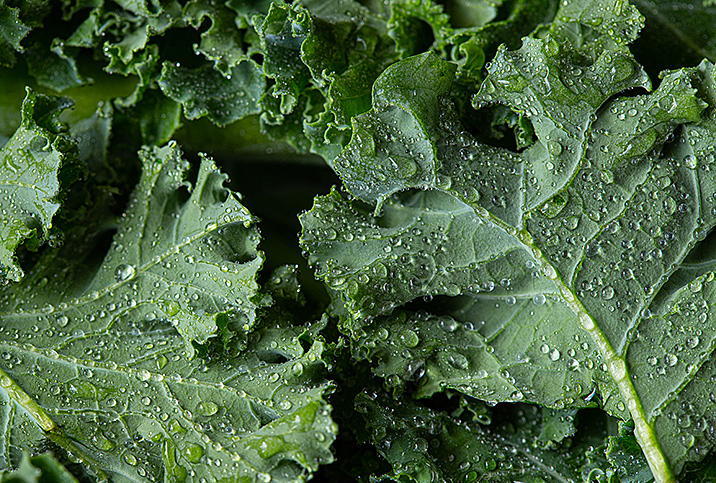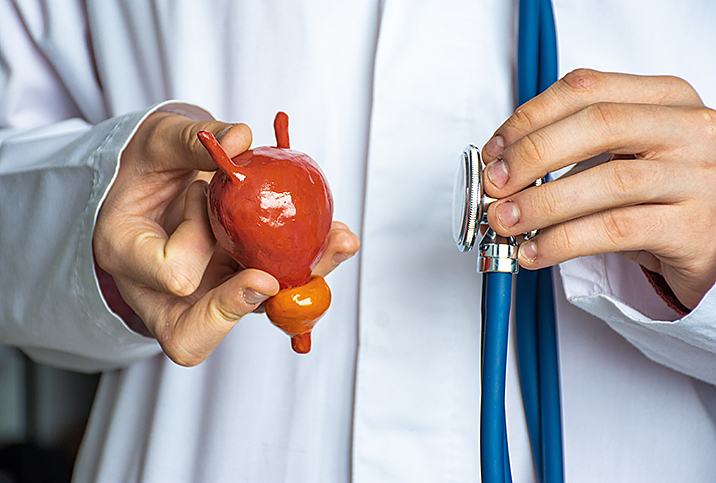Alternative Treatments for Prostatitis

Prostatitis is inflammation of the prostate gland that causes discomfort in the perineum, penis, lower back and lower abdomen. Difficulty urinating is one of the most uncomfortable and unpleasant symptoms and often manifests as a weak or intermittent stream, or an abnormal urination frequency. Pain radiates throughout the pelvic region and often fluctuates in severity.
The condition can affect sexual health, too, with discomfort during or after ejaculation as a common symptom.
Men can suffer from one of four kinds of prostatitis: acute, chronic bacterial, chronic nonbacterial and asymptomatic inflammatory. Medication is typically prescribed based on the kind of bacteria causing the condition.
Medical treatment often involves a regimen of antibiotics and pain relievers. Alpha-blockers such as tamsulosin are prescribed in some cases. However, according to the National Institutes of Health (NIH), allergic reactions to antibiotics and the side effects of alpha-blockers, including dizziness, headaches and blurred vision, can render traditional forms of treatment problematic.
In recent years, complementary and alternative forms of treatment have helped prostatitis patients overcome pain and avoid disruption of their intimate relationships. Many natural and plant-based remedies have adherents who claim they can help patients who require alternatives to prescription medicine.
Herbs & plants
The journal Evidence-Based Complementary and Alternative Medicine has published findings concerning many herbal supplements and plant extracts that have been used to treat prostatitis. Some are still being studied, but researchers have found that these natural alternatives can be effective in treating this painful condition.
Pollen extract
Laboratory studies have revealed that flower pollen extract decreases the size of swollen prostate glands in rats. This potent combination of amino acids, vitamins, carbohydrates, minerals and lipids can ease discomfort and improve quality of life for prostatitis patients.
Antioxidants
Saw palmetto is a dwarf palm tree native to the American South and parts of the Caribbean, and its extract is used in Europe, Africa and Asia. Its fruit, which produces the antioxidant epicatechin, is used in the production of medicines for prostatitis, prostate cancer and other ailments. Specifically, saw palmetto shrinks the inner lining of the prostate, which, when swollen, compresses the small passages that carry urine. The NIH says more research is needed to know how effective saw palmetto is in treating prostatitis.
Lycopene is an antioxidant pigment found in fruits and vegetables, particularly those with a reddish coloring, that possesses anti-inflammatory properties and helps prevent DNA damage. Tomatoes, papaya, carrots, watermelon, apricots and red cabbage have high amounts of lycopene.
Quercetin, like lycopene, is a plant-based pigment found in foods such as grapes, berries, apples, broccoli and kale, all which offer health benefits. A 2016 study of quercetin’s effect on animals revealed that it can help alleviate chronic and acute inflammation in patients with nonbacterial prostatitis.
Good habits
A healthy personal routine is another effective means of keeping prostatitis symptoms under control. Drink eight full glasses of water daily, exercise regularly, maintain a healthy weight and limit caffeine intake to reduce discomfort and bolster the efficacy of medicines and/or natural supplements. Additional therapeutic approaches, which may include probiotics, stress reduction (e.g., yoga, acupuncture) and relaxation therapy, can help boost the body’s natural defenses.
Good news
Americans spend approximately $30 billion out of pocket annually on complementary and alternative medicine, potentially reflecting a growing acceptance of new treatment modes among healthcare consumers. Though alternative treatment is usually paid for out of pocket, many insurance providers today cover the more generally accepted options.
Giddy Notice: Our medical experts have informed us that few supplements of this nature are approved by the Food and Drug Administration (FDA). That is to say, the efficacy of these supplements has been neither tested nor proved to work in rigorous trials regulated by the FDA. Our medical experts advise that before you think about adding a supplement to your daily regimen, first strategize with your doctor to make sure you have full knowledge of the dosage that’s appropriate for you and any potential side effects or interactions with any prescription medications you’re already taking.

















